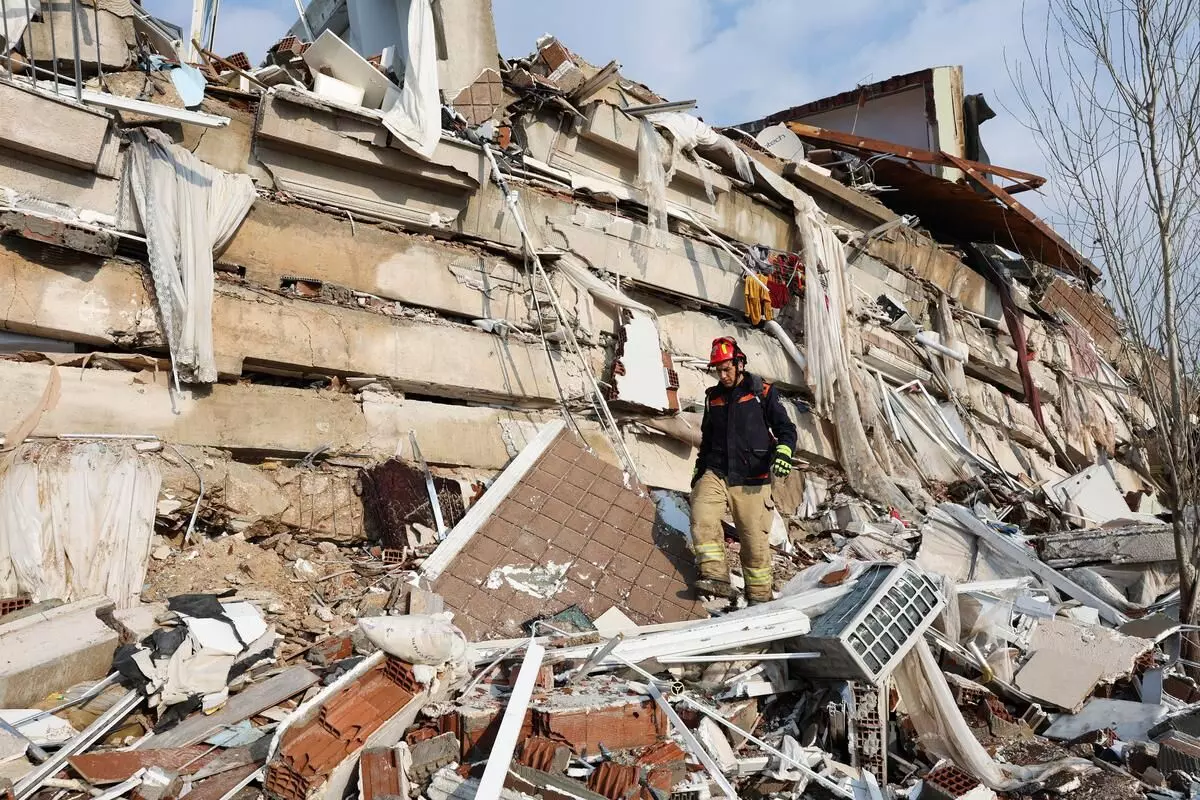Google’s Earthquake Alert System Failed During Turkey’s Devastating 2023 Quake – What Went Wrong?
In February 2023, a catastrophic 7.8-magnitude earthquake rocked southeastern Turkey and Syria, leaving more than 55,000 dead and over 100,000 injured. Despite the scale of the disaster, a startling technological failure unfolded quietly: Google’s Android Earthquake Alerts System (AEA) failed to send timely alerts to millions in harm’s way.
Google’s Earthquake Alert System Failed During Turkey’s Devastating 2023 Quake – What Went Wrong?

A Missed Warning That Cost Thousands of Lives
In February 2023, a catastrophic 7.8-magnitude earthquake struck Turkey, killing over 55,000 people and injuring more than 100,000. Shockingly, Google’s Android Earthquake Alerts (AEA) system, designed to provide life-saving warnings, failed to issue timely alerts to millions in danger.
Why Did Google’s Alert System Fail?
Only 469 people received the critical “Take Action” alert—meant for imminent danger—despite 10 million people living near the epicentre.
Around 500,000 users got a weaker “Be Aware” notification, which doesn’t override silent modes—meaning most slept through it.
The system severely underestimated the quake, detecting it as magnitude 4.5-4.9 instead of the actual 7.8.
A Second Chance—But Still Inadequate
When a second major quake hit hours later, the system improved slightly but still fell short:
8,158 “Take Action” alerts (still far too few)
4 million “Be Aware” warnings (still not enough for a quake of this scale)
Google’s Response: Promises & Improvements
Google admitted flaws in its detection algorithms and later published a study in the Science journal. A revised simulation showed what should have happened:
10 million “Take Action” alerts
67 million “Be Aware” warnings
The company claims it has since updated its algorithms and expanded AEA to 98 countries, but experts remain sceptical.
Experts Raise Concerns
Elizabeth Reddy (Colorado School of Mines): “People died—we didn’t see the warning performance we expected.”
Harold Tobin (Pacific Northwest Seismic Network): “Countries might rely too much on Google instead of building strong public systems.”
Key Takeaways: Should We Trust Tech Giants for Disaster Alerts?
Tech-based alerts can fail—governments must strengthen official early warning systems.
Transparency is critical—Google took months to reveal the system’s flaws.
Public awareness matters—users should know the limitations of smartphone alerts.
Final Thought
While Google’s system has improved, the Turkey earthquake tragedy proves we cannot fully rely on tech giants for disaster warnings. Stronger public infrastructure and real-time accuracy are essential to save lives in future crises.
Poll: How Important Is It for Tech Companies to Improve Alert Systems?
1. Extremely important – Lives depend on it
2. Moderately important – Better alerts could help
3. Not a priority – Governments should lead
Give your opinion, too!

